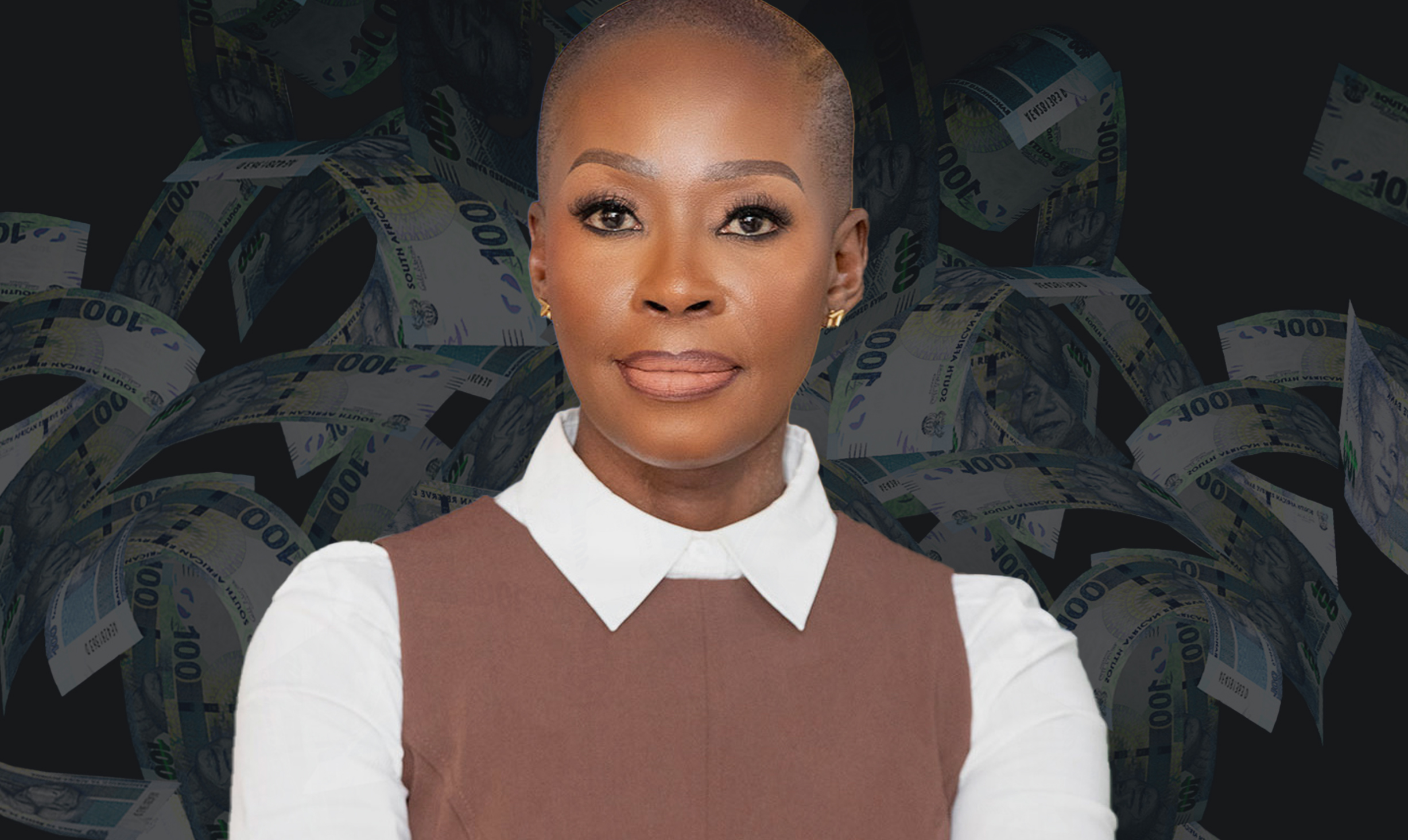It is likely that we will never really understand what truly motivated Tebogo Malaka and Phasha Makgolane to offer Pieter-Louis Myburgh a bribe in such a blatant way.
Perhaps they felt so desperate that they believed that it might really work. The other, very likely possibility, is much more disturbing.
It suggests that Malaka and Makgolane believe that this is how business is done – if someone is doing something you don’t like, just buy them off.
Fairly or unfairly, it may also raise questions about how other people have behaved.
As News24’s Jan Gerber has explained, various people in the ANC, ActionSA and the EFF all suddenly began fighting against attempts to dismantle what is obviously an extraction network at the Independent Development Trust (IDT).
That Malaka was prepared to bring cash to offer as a bribe to a journalist suggests that, in fact, money might have changed hands to ensure this protection.
It does not end with the politicians.
Two NGOs tried to go to court to stop government interventions in the IDT.
One of the key parts of this was a column published by Professor JJ Tabane in TimesLive just after Myburgh’s first report on the IDT. He claimed, offering no evidence, that Public Works and Infrastructure Minister Dean Macpherson had bribed Myburgh to write the report. This was then used as a basis for some of the attacks on Myburgh.
But Timeslive retracted the piece, saying the facts did not justify Tabane’s claims.
Why would a professor of journalism publish a claim without facts to justify it?
The political underworld
Unfortunately, Malaka’s actions are not happening in isolation. Corruption and links between politicians and alleged criminals are becoming more and more common.
On Wednesday, the person often described as a “businessman”, Louis Liebenberg, appeared in court, applying for bail. He is reported to have made billions through scamming people out of their money.
But, as is well known, this person has what must surely be a very close relationship with Deputy President Paul Mashatile. Mashatile has admitted to receiving a diamond from him as a gift for his wife.
Despite Parliament fining Mashatile R10,000 for not properly declaring this gift, he has not explained his relationship with Liebenberg.
Why would a deputy president accept a gift from someone facing criminal charges?
Read more: Deputy President Paul Mashatile caught between luxury property, a shiny diamond and a hard place
At the same time, of course, Mashatile has also now confirmed the ownership of two mansions, one in Gauteng and one in Cape Town.
Again, there is no substantive explanation for how he, or anyone in his family, could afford these properties.
If Mashatile believed that this would be his last job in politics, perhaps this lack of explanation, and his behaviour generally, could be understood. But he has shown that he has ambitions of becoming president.
The only conclusion to draw is that he believes none of this is a factor in determining whether he can get the top job. Essentially, he must believe that one can be both publicly corrupt and president at the same time.
This kind of corruption is not confined to the ANC.
Two weeks ago, the Patriotic Alliance’s Kenny Kunene was suspended by his party after being found at the home of the businessman wanted for orchestrating the killing of DJ Sumbody.
Liebenberg himself is alleged to have links to MK party leader Jacob Zuma, a mines inspector, a deputy national police commissioner and others from across the political spectrum.
Lessons in unaccountability
What seems to be changing now is that those involved in corruption in our society, those who are linked to corruption in politics, have become more brazen.
Two decisions might well explain this brazenness. The first goes back to 2005.
Schabir Shaik was convicted of paying bribes to Jacob Zuma. Jacob Zuma has still not appeared in the dock to answer to the obvious charges that must follow.
The lesson Mashatile and others have drawn from this is that one can be corrupt, publicly corrupt, and still achieve the highest office.
Read more: Justice prevails: high court dismisses Zuma and Thales’ application, Arms Deal case to proceed
The second, and more recent, involves the current Cabinet.
President Cyril Ramaphosa’s appointments to his Cabinet of people against whom findings were made by the Zondo Commission must have encouraged those who are corrupt.
If David Mahlobo can be a deputy minister after the commission found he should be prosecuted for corruption, then why can’t someone implicated in corruption become president?
Ramaphosa’s failure to remove Thembi Simelane from his Cabinet despite the fact that she benefited from the VBS scandal must reinforce this message.
This also shows how this tolerance of corruption will further entrench corruption in our politics. People will continue to enter politics simply to enrich themselves, encouraged by the example of so many of those already there.
That said, political groups that can show they don’t tolerate corruption might well benefit.
While the DA’s critics can accuse it of many things, it might be impossible for anyone to claim it is soft on corruption. It has acted against its members who have faced substantiated claims of wrongdoing.
Other groups might well emerge on an anti-corruption ticket, promising to act against anyone who takes government money.
But this is likely to be more about grabbing headlines and social media clicks than really making a difference.
Unfortunately, as brazen as Malaka has been, it is unlikely to be the last time someone is caught on video offering a bribe. Instead, it may only become more common. DM





 Illustrative image | Tebogo Malaka (Photo: sourced online)| South African banknotes. (Photo: Adobe Stock)
Illustrative image | Tebogo Malaka (Photo: sourced online)| South African banknotes. (Photo: Adobe Stock)